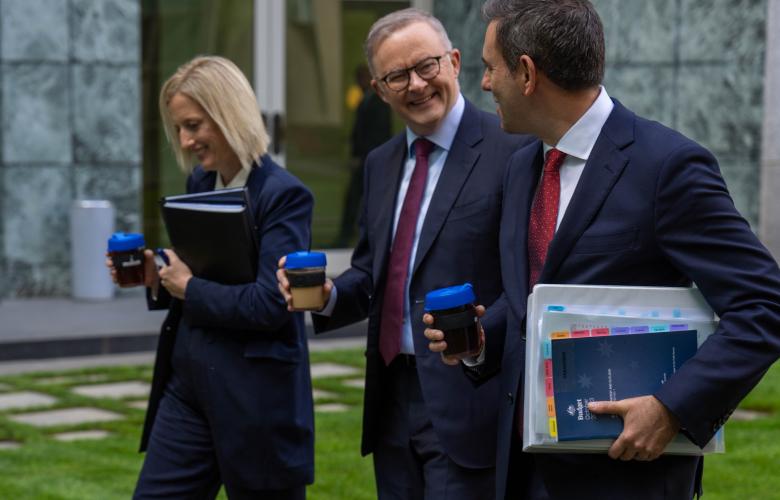Australia’s hospitality industry says Government must commit that Budget will support them
Contact
Australia’s hospitality industry says Government must commit that Budget will support them
Restaurant & Catering Australia (R&CA), Australia’s peak body for restaurants, cafes and catering businesses, has today expressed mixed feelings on the first budget handed down by the Albanese Government.
Restaurant & Catering Australia (R&CA), Australia’s peak body for restaurants, cafes and catering businesses, has today expressed mixed feelings on the first budget handed down by the Albanese Government.
R&CA CEO Ms Belinda Clarke said that tonight’s budget offered some hope for small business that help from the government was on the way but that the jury was still out on whether Australia’s hospitality industry would see any of it.
“The Budget handed down tonight makes a lot of big promises in terms of bringing people back to workforce and supporting them staying there. However, there are still unaddressed concerns about the rising costs of doing business in this country”.
“Australia’s 57,000 restaurants, cafes and catering businesses need a commitment from the Prime Minister and the Treasurer that they will see this support,” she said.
“With crippling staffing shortages and wages and costs spiraling out of control, the industry is in desperate need of bold and far-reaching policy reform to bring back the workers lost over the past two years. But more needs to be done to support small business across Australia who are struggling with the increasing costs of doing business”.
“More money to speed up incredibly backlogged visa processing times, an increase to the permanent migration cap, huge amounts of support for skills and training, more housing for local and migrant workers to live in and more childcare support for parents looking to return to the workforce are exactly what the industry has been crying out for. The government now just needs to do the smart thing and talk to industry to see how to target that support. We’ll be waiting”.
“There are currently 102,000 jobs in the hospitality sector that need to be filled. If you walk down any street in any town or city in Australia, you will see signs in every window of every restaurant and café advertising part-time and full-time work. Things are getting dire.”
While the industry welcomes increasing the permanent migration program, more funding allocated to accelerate visa processing, more funding for skills and training, support for childcare and more affordable housing; it remains worried by the following implications:
The implementation of multi-employer bargaining and workplace relations changes that will negatively impact small business in favour of big business and the unions.
The introduction of a mandatory Country of Origin Labelling scheme for seafood that will place unnecessary financial and administrative burdens on small business with no discernible benefit for local seafood markets.
The re-introduction of restrictions on student and secondary training visa holders on 30 June 2023 that will limit the number of hours international students wish to work from 40 hours down to 20 hours per week.
“We will continue to monitor these matters as they arise and will advocate and fight on behalf of the industry. Things are so tough for venues, we just don’t need any more red-tape and counterproductive policy that will lead to further business closures,” Ms Clarke said.
“There have been a lot of big promises made in tonight’s budget. Let’s see if all of tonight’s talk will walk the walk”.







